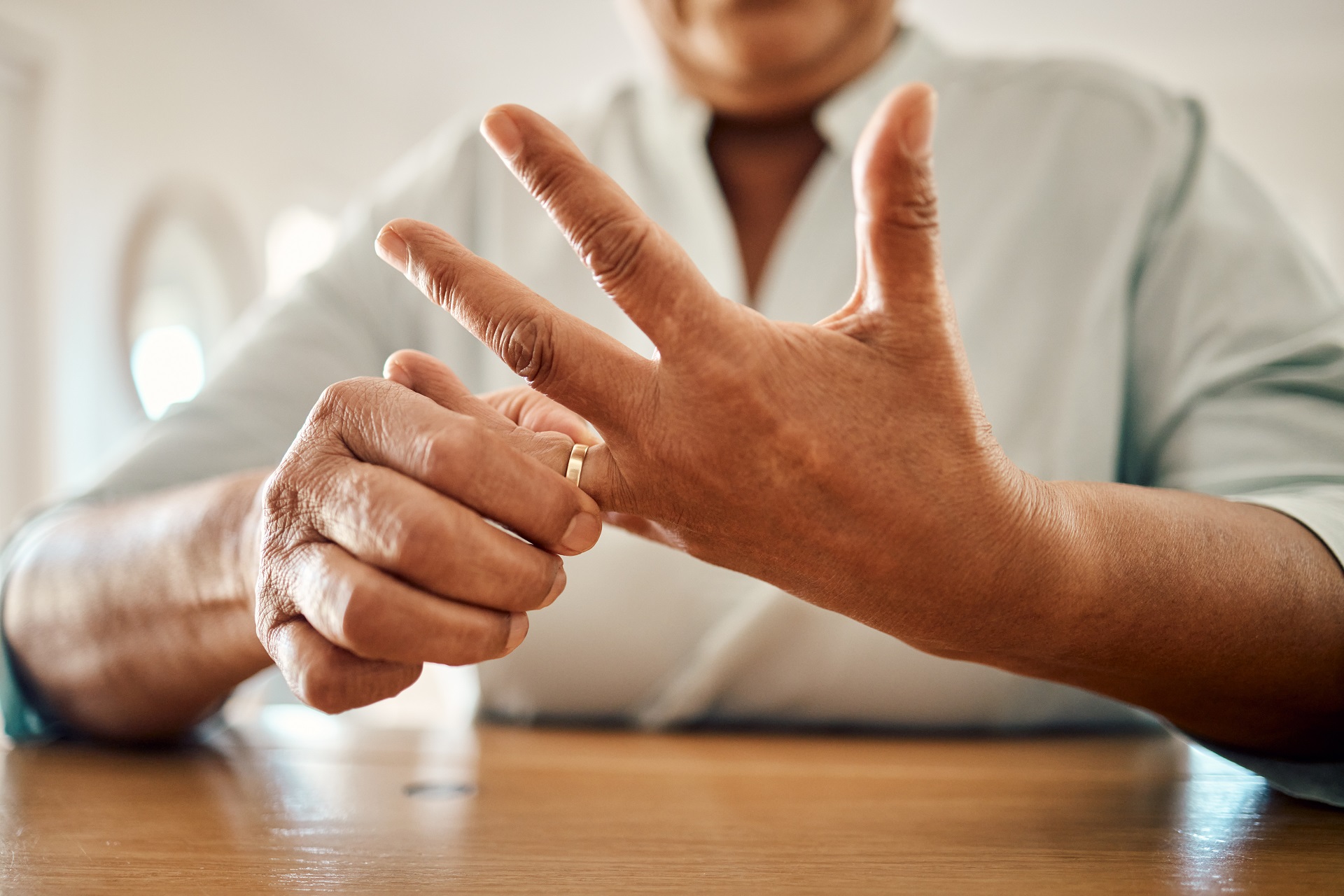What Are the Civil Remedies for Domestic Violence Victims in Washington State?
Domestic violence encompasses a much more comprehensive range of actions and behaviors than the infliction of physical harm on a spouse, intimate partner, ex, family member, or roommate. In many cases, someone who is in an abusive relationship may not believe that their aggressor’s behavior is “serious” enough to warrant legal action. For instance, someone whose dating partner constantly monitors their whereabouts and text communications with others but has never physically harmed them may not realize that these actions meet the definition of “coercive control,” which the Washington state legislature recognizes as a form of domestic violence. Individuals who are trapped in an unhealthy or abusive relationship often feel alone, hopeless, and powerless. However, it’s essential to recognize that you do not have to endure this situation indefinitely—there are several remedies available to help you leave the abusive relationship and feel safe once more. This post will explore the various types of civil remedies available in Washington to protect the safety of domestic violence survivors, empowering them to move forward into a brighter and more stable future.
How Washington State Defines Domestic Violence
As previously mentioned, domestic violence refers to a wide range of acts and behaviors in which an abuser attempts to control a spouse, intimate partner, family member, or cohabitant. According to the Seattle Police Department, domestic violence “is a pattern of harmful behavior by one person intended to control another person within a romantic, intimate, or family/household member relationship. People who experience domestic violence can be married or not married; heterosexual, gay, or lesbian; living together, separated, or dating; or relatives. Men, women, and children of all ages, races, and classes can be victims.” It’s important to understand that victims of domestic violence do not fit a particular type, class, race, or gender. The only similarity they share is that another person is attempting to control their behaviors through violence, threats, intimidation, surveillance, or stalking.
Understanding the Various Forms of Domestic Violence
Many people assume that domestic violence only refers to physical acts that cause harm to a dating partner or spouse. However, domestic violence is an umbrella term that encompasses a broad spectrum of behaviors and actions, all of which share the same goal— to limit or exert control over another person. Physical abuse includes grabbing, pushing, shoving, hitting, or otherwise inflicting bodily harm on another. Verbal and emotional abuse may take the form of insulting, blaming, or threatening the victim or playing mind games in order to manipulate them or erode their self-esteem. In some cases, domestic violence may involve unwanted sexual touching or forced sex between intimate partners. Other examples of domestic violence include stalking, monitoring someone’s whereabouts, limiting their access to a phone or laptop (to prevent them from communicating with others), harassing someone on social media or via text/email, and other forms of coercive control in which the abuser attempts to exert their power and dominance over another. Regardless of what types of behaviors your abuser is subjecting you to, it’s important to understand that you have options for escaping this unhealthy situation. Even if you are not sure whether you “qualify” for protection from an abuser, it’s worth discussing your situation with a compassionate Seattle attorney to identify the most strategic path forward.
Options For Domestic Violence Survivors in Washington State
First, it’s helpful to understand that domestic violence matters can be handled by two different court systems. Some incidents of domestic violence may lead to criminal charges. However, domestic violence victims may seek legal protection through the civil legal system, even if their situation does not involve criminal charges. Whether or not the abuser is facing criminal charges, you have the right to seek a protection order to ensure your safety (and the safety of your children, if applicable). Let’s take a look at some of the main forms of civil remedies available to victims of domestic violence in the greater Seattle area.
Domestic Violence Protection Orders (DVPO)
Washington allows victims of domestic violence to petition the court to put a Domestic Violence Protection Order (DVPO) in place. Unlike a criminal no-contact order, the scope of a DVPO can be fairly broad and specify a wide range of behaviors that the abuser (also known as the respondent) cannot perform, or risk serious—and even criminal—penalties (i.e., fines, jail time, etc.). For example, a DVPO may restrain the respondent from contacting the petitioner in any way, showing up at their place of residence or place of employment, or coming within a specified distance of the petitioner (or their children).
To obtain a DVPO, you must locate and complete the petition indicating your request. You’ll need to name the respondent and provide all relevant information to explain your reason for pursuing a DVPO. Once you file the completed petition, the court will review your request. The respondent will be notified of the filed petition, and the court will schedule a hearing for both parties to present their arguments as to why (or why not) a DVPO is warranted. If the court grants the petitioner’s request for a DVPO, the respondent must adhere to all of the terms specified in the legal document. Most protective orders last for one year, but the petitioner may petition the court to extend the duration of the DVPO if they believe it is necessary for their continued safety and well-being.
Seeking Compensation From Your Abuser
Many survivors of domestic violence endure considerable physical injuries, some of which may require hospital stays, surgeries, and other costly medical interventions and treatments. Washington State allows injured parties to seek compensation, also known as “damages,” from those responsible for the injuries by filing a civil lawsuit against them. Depending on your circumstances, you may be able to seek damages for the expensive medical bills, lost wages, and pain and suffering costs associated with your injuries at the hands of your abuser. Although hiring an attorney is not required to pursue a civil claim against an abuser, doing so is highly recommended to ensure that you obtain the best possible outcome. Your attorney will assess every detail of your situation to determine the most strategic course of action so you can recover the compensation you need to start rebuilding your life.
New Legislation Aims to Limit Abusive Litigation by Domestic Violence Perpetrators
As if surviving an abusive relationship is not hard enough, many victims of domestic violence face additional distress even after they escape the harmful situation. Unfortunately, some abusers continue their attempts to exert control over their partners by dragging them into civil court and subjecting them to seemingly unending courtroom battles. For example, an abuser may repeatedly file a motion in different courts or with different judges to keep a case active and compel the victim to face continual involvement with their abuser. This behavior is referred to as “abusive litigation,” and Washington enacted new legislation in 2021 to target and curtail such activities. Essentially, these attempts to draw out custody battles or divorces are actually more about an abuser continuing to exert control over their victim. Under the new law, judges have the discretion to determine if a domestic violence perpetrator’s filings against a former partner qualify as abusive litigation. The law aims to liberate domestic violence victims from suffering further harm from their abusers in the form of long, drawn-out, and costly legal battles in civil court. For instance, one domestic violence survivor was “being bankrupted by an abusive lawsuit from her ex-husband,” leading to seemingly endless contact with an abusive partner even after the survivor left the unhealthy relationship. Domestic violence victims’ advocacy groups remain hopeful that such legislation will lead to fewer incidents of ongoing efforts of an abuser to exert power and control over an intimate partner, ex, or former spouse.
How a Caring Seattle Attorney Can Help You Find Relief
It’s an unfortunate reality that many victims of domestic violence feel isolated, alone, and powerless to remove themselves from a toxic relationship. However, staying in an abusive relationship often leads to further harm, and abusers may escalate their behaviors and cause further harm—even death, in severe cases. First, it’s essential to recognize that support and hope are available and possible, despite how grim things may seem at this moment. There are so many dedicated legal professionals who are ready to support you and connect you with the tools and resources you need to feel safe again. When you call a caring and compassionate attorney to discuss your options, you can feel heard, seen, and empowered to regain control of your life and future. You can trust that your lawyer will help you identify the most effective path forward to ensure your safety and prevent your abuser from controlling you or contacting you. Now’s the time to regain control of your life—reach out to a dedicated attorney today to take the first step toward a brighter and safer future.
If you need help obtaining a civil protection order in the Seattle area, call The Hemmat Law Group today at (206) 682-5200 to speak with a caring and knowledgeable attorney.
The Hemmat Law Group (HLG) was founded in 1994 by Steven Amir Hemmat, a former DOJ Trial Attorney. We specialize in family law, supporting victims of the legal system.
The Hemmat Law Group help good people in bad situations.
Our lawyers provide expert legal advice connected to protection orders, including in cases of domestic violence, stalking and neighbor disputes. Contact us today.













